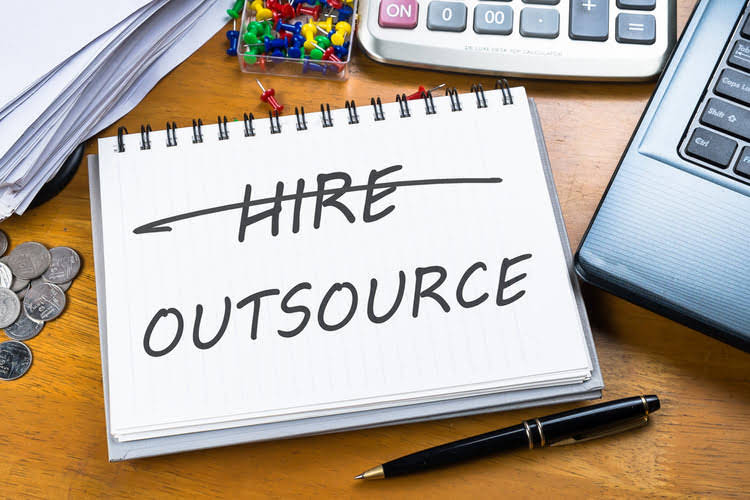09 Feb Bookkeeping Certification Exams, Requirements And Salaries
NACPB also offers a Certified Public Bookkeeper license, which takes several months. Regardless of which bookkeeping certification you pursue, we recommend taking a preparatory course. Accountants, on the other hand, take the data generated by bookkeepers and turn it into actionable insights. Accountants analyze financial trends and provide companies with a strategy for maintaining their financial health. Beyond the numbers, the success of a bookkeeping business hinges on the strength of client relationships. Effective communication, transparency and reliability are the building blocks of a thriving client-provider dynamic.

It also includes more advanced tasks such as the preparation of yearly statements, required quarterly reporting and tax materials. In-house bookkeepers are typically employed by larger companies, with more complex financial systems that require a robust suite of full-time services. Four books, on the other hand, means it’s recommended for someone dealing with more financial complexity. Bookkeepers must keep thorough, up-to-date records of organizational financial transactions. Bookkeeping requirements also cover reconciliation, the process of comparing internal records with bank records to ensure there are no discrepancies. Some aspiring professionals may pursue internships or practicums while pursuing postsecondary degrees or certificate programs.
Bookkeeper
Depending on the stage of your small business, you may not need to hire a full-time professional bookkeeper. You can either get some bookkeeping software and learn how to do it yourself, or you can outsource your bookkeeping to a part-time, virtual bookkeeping service like Bench. A bookkeeper is someone who prepares your accounts, documenting daily financial transactions. Bookkeepers have been around as far back as 2600 BC—when records were tracked with a stylus on slabs of clay—making bookkeeping not the oldest profession, but pretty darn close. Certifications aren’t necessary to become a bookkeeper but can signal to employers that you have the training and knowledge to meet industry standards. After you have a couple of years of experience, you can earn the Certified Bookkeeper designation from the American Institute of Professional Bookkeepers by passing a series of exams.
You can work with other bookkeepers and tax experts to share and expand your knowledge. When you register for the CB exam, consider adding a few of AIPB’s official workbooks to your order form. The six official CB workbooks range from $29 to $49 each https://www.bookstime.com/ for members ($39-$59 for non-members), containing sections on every exam topic. Quizzes included throughout the workbooks help ensure information mastery. Online exam retakes with NACPB cost $50 per part for members and $75 for non-members.
Acquiring foundational knowledge
Bookkeepers manage a company’s financial accounts, ensuring they are accurate and easy to review. Their work plays an important role in the operation of a successful business, which can have very many transactions in a single day, let alone a week, month, fiscal quarter, or year. However, you want to at least include education, experience and licensing requirements in your job description. There professional bookkeeper are key differences between bookkeepers and accountants that you want to know before hiring a financial professional. If you enjoy organization and numbers and have experience with bookkeeping, starting your own business offering this service might be a smart career choice. While any competent employee can handle bookkeeping, accounting is typically handled by a licensed professional.
- After passing the AIPB’s certification exam, you will be recognized as a certified bookkeeper.
- CPB candidates receive one year from the date of purchase to pass each exam section.
- Your credentials show prospective employers that you’re a qualified bookkeeper and you’re willing and able to grow professionally.
- Self-taught bookkeepers use a variety of courses, seminars, books, and other online resources to learn about bookkeeping and accounting.
- The BLS projects employment for bookkeeping, accounting and auditing clerks to decline by 6% by 2032.
But they won’t be able to help you with tax planning or handling your tax return. You don’t need any special training to be a bookkeeper—you don’t even need a bachelor’s degree. If all your mental powers have been focused on getting your business off the ground, you might not yet fully understand what a bookkeeper does. In this guide we break down the day-to-day role of a bookkeeper, and why a good one is worth holding onto. If you’re organized and enjoy working with numbers, a job as a bookkeeper could be a good fit. While single-entry bookkeeping is simpler, double-entry is more thorough and less likely to produce errors.



No Comments